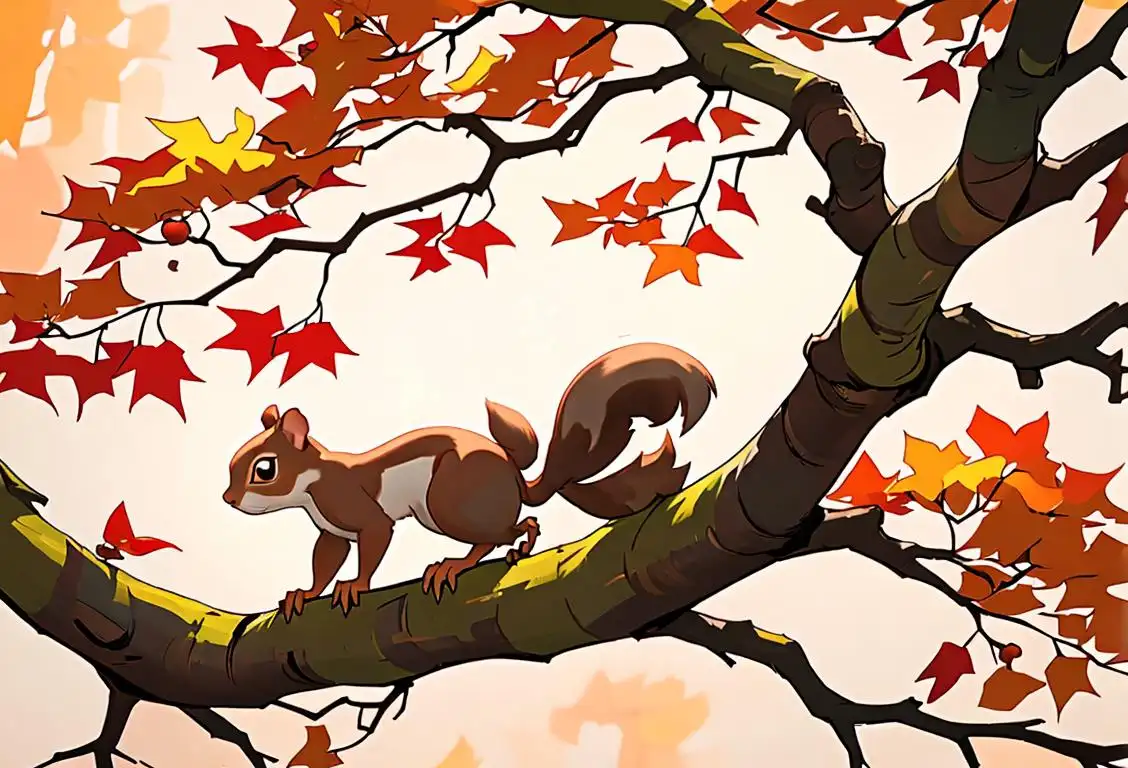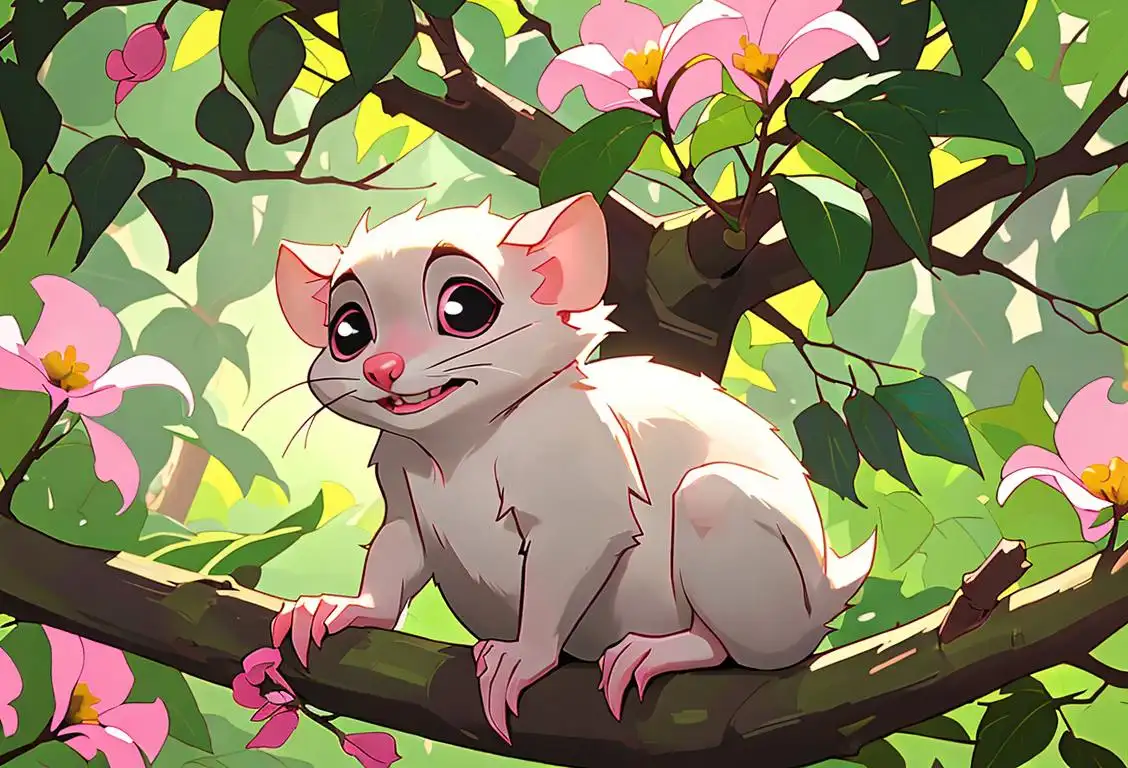National Turtle Day

Did you ever realize that beneath the calm exterior of every slow-strolling, shell-toting turtle there's a wild party going on? Well, maybe not wild. But at least a well-organized gathering, right? I mean, they carry their homes around with them at all times! Anyway, let's talk about National Turtle Day, a day that has managed to tease a whopping 7221 mentions online. It's a day that encourages caring and kindness for our shelled buddies!
When is Turtle Day?
It's national turtle day on the 23rd May.
Slow and Steady Wins the Appreciation
On the surface, National Turtle Day is just another date on the calendar. But if you take a turtle’s approach and slow down to really look, you’ll find that it's so much more. It is a marathon of love and appreciation for all types of turtles: sea turtles, box turtles, diamondback terrapins, and yes, even the ninja variety (Cowabunga!). In an increasingly fast-paced world, this day serves as a reminder for us to slow down, and really appreciate the wonders around us.
Celebration: Turtle-speed
It's no surprise that National Turtle Day swept the internet on 23 May 2015 when it garnered the most mentions. While we couldn't hear the slow and steady applause, we could feel it. Celebrations included everything from turtle-themed cake parties (let them eat turtle-shaped cake!) to informational seminars on how to better care for pet turtles or to help turtles in nature.
Moving at a Snail’s...err...Turtle's Pace
What's the hurry to end the day's celebration? You can bask in it (much like a sunbathing turtle), and continue the turtle love long after the day has passed! And remember, it's not about how quickly you participate, it’s about the depth and duration of your appreciation. After all, turtle-time is the best time!
History behind the term 'Turtle'
1530
The Discovery
The term 'turtle' originates from the early 16th century. It was first used in the English language around the year 1530. Its origin can be traced back to the Middle English word 'tortle' or 'turtul,' which was derived from the Old English word 'turtle.' This term referred to various species of aquatic or land-dwelling reptiles with a protective shell.
1732
Introduction to British English
During the early 18th century, the term 'turtle' became prominent in British English. It was commonly used to describe the sea turtles that inhabited the waters around the British Isles. These reptiles were highly valued for their meat, and their shells were often used for decorative purposes, especially in aristocratic households.
1873
Popularization in American English
In the late 19th century, the term 'turtle' gained popularity in American English. This can be attributed to the increased consumption and trade of turtle meat in the United States. Restaurants began offering turtle soup as a delicacy, and it quickly became a sought-after dish, particularly in New York City.
1911
The Turtle Candy Connection
In 1911, the term 'turtle' took on a new connotation through the introduction of 'turtle candies.' These delectable treats were named after the aroma of the caramel, pecans, and chocolate mixture, which supposedly resembled the scent of a freshly roasted turtle. The popularity of these candies further solidified the association between 'turtle' and sweet indulgences.
Emerging Trends
Modern Usage & Symbolism
In contemporary times, the term 'turtle' is associated not only with the reptile but also with various cultural and symbolic meanings. Turtles are often regarded as symbols of longevity, wisdom, and protection in different cultures worldwide. The term itself has permeated common parlance, used colloquially to describe someone who moves slowly or exhibits a calm and steady demeanor.
Did you know?
Did you know that turtles have been around for more than 200 million years and evolved before mammals, birds, crocodiles, snakes, and even lizards?Tagged
awareness fun animals nature turtlesFirst identified
23rd May 2015Most mentioned on
23rd May 2015Total mentions
7221Other days
Turtle Day
Bat Appreciation Day
Mountain Hare Day
Badger Day
Penguin Day
Squirrel Appreciation Day
Cougar Day
Possum Day
Slug Day
Armadillo Day








